A former prison officer has revealed the extreme ways in which inmates smuggle drugs into high-security jails.
Lee Davies was a guard at Lancaster Farms Young Offenders Institution, but in 2010 he was caught trafficking cocaine and mobile phones to inmates and was sentenced to 12 years in prison.
The former officer said he was attracted by the opportunity to make easy money while earning an average salary of £22,850.
But now the rehabilitated offender, who served four years of his sentence, is working to raise awareness and offering support to guards to avoid temptation, insisting it is “not worth it at all”.
Speaking to new YouTube channel DEEP for its explainer series DEEP X, he detailed the five key methods criminals could use to smuggle illegal goods into prison, including condoms, money and tennis balls.
YOU NEED TO ADD THE VIDEO LINK HERE BEFORE IT GOES LIVE: https://youtu.be/LlAi3CYvSkQ
AND THE HERO VID 3220641
Lee Davies was a guard at Lancaster Farms young offenders’ institution before being jailed for 12 years in 2010 for smuggling cocaine and mobile phones to inmates.

Aerial photo of HM Prison Lancaster Farms. He pocketed £400 each time and, as officers’ salaries start at around £22,850, he thought it was an easy way to earn extra money.

In the interview with Deep X, he detailed the five methods criminals would use to smuggle contraband into the prison.
Tennis ball
Davies said tennis balls were an easy way to get products into the prison. Criminals cut them open and fill them with drugs, steroids or SIM cards before throwing them over the “not so high” prison walls.
Alternatively, they hit the balls over walls using tennis rackets to help “carry them hundreds of meters,” making it easier for the plotters to remain undetected.
However, Mr Davies added that once the device is launched into the exercise yard, anyone who sees it will “catch it”, meaning there is a much higher risk of being caught by a guard or having to fight off another inmate who saw it fly over the wall.
He believed that the reason people use this method is because the financial gain is still significant, even if some smuggled tennis balls are lost in the process.
“It’s a numbers game and in prison things are worth a lot more. If you fill it (the tennis ball) with cannabis, it doesn’t hold a lot, but in prison it can be sold for ten times more.”
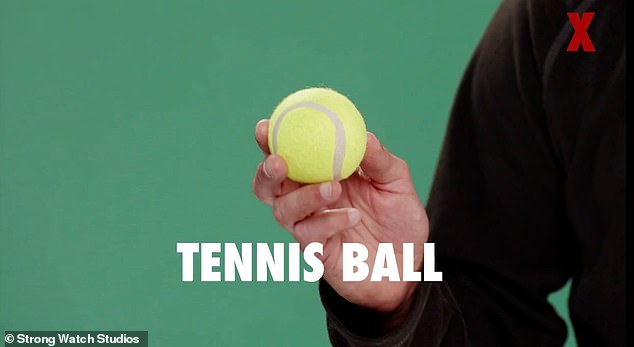
These can be filled with drugs, steroids or SIM cards and thrown into the prison, since “the prison walls are not that high.”
Prison letters
All mail arriving at a prison is strictly controlled, so putting drugs directly into an envelope would likely lead to discovery, Davies said.
However, smugglers have attempted to get around this problem by sprinkling letters with “spices or other drugs”, which prisoners can then heat in cells for use.
He went on to say that although all controls are thorough, it can be difficult to detect, especially with the naked eye.
“If you spray this with drugs and send five letters, only one of them needs to get through. We don’t have that much security, especially in local prisons and in category D or C (low security prisons), so some of them will get through,” he told Deep X.
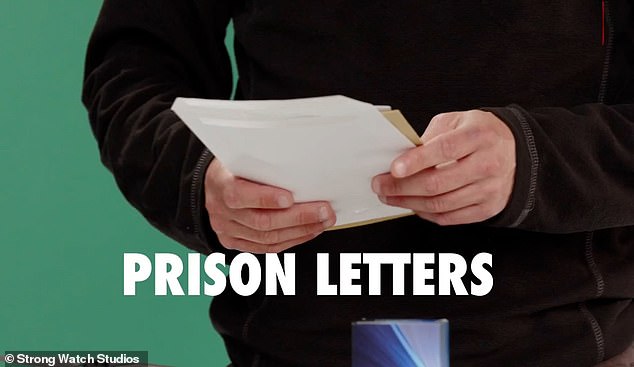
However, the latest trick of those who help smuggle drugs into prison is to sprinkle letters with “spices or other drugs”, which prisoners then heat in cells for use.
Drones
Drones are a growing problem for prisons, due to technological advances, drones can now fly over fences and hover directly outside an offender’s cell window.
Mr Davies said: “They can float outside someone’s window with precision.” All you need is an attachment and a bag of medications and since they have cameras you can point out where they are delivered.
“It’s basically like Amazon times ten.”
Punishments for these crimes would be similar to those for charges on the outside. Prisoners would be segregated within the prison if they were caught.
Before being sent to court for official prosecution, with a high risk of extra time being added to their sentence.
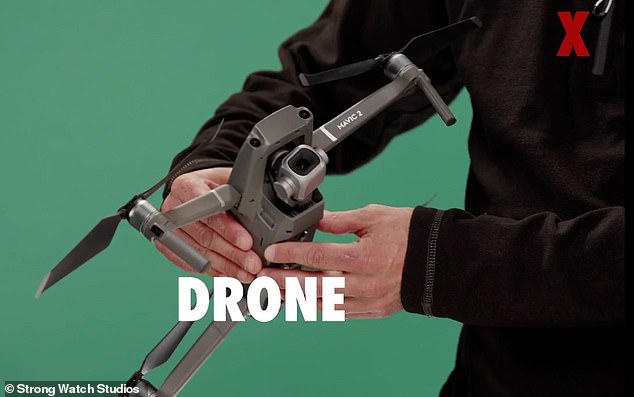
Drones have become a major risk to prison guards, due to technological advances, drones can now fly over fences and hover directly outside an offender’s window.
Badge
Although transactions take place outside the prison walls, physical money can still be used to transport drugs into the prison, as visitors can bring cash into the facility.
“Cash will always be king, even in prison,” Davies said. “It can be hidden in a bra, wrapped and folded.
“And men can secrete it in their butt and also in their foreskin.”
He went on to say that the reason it is such an effective smuggling method is because officers need to obtain special powers to “cavity search” someone.
“When you do a body search, you have to have special authorization to search a person’s cavities. So it’s a safe bet that if you can hide something inside, no one will find it.”
He added: “There people go to any length to get what they want and hide things from the officers.”
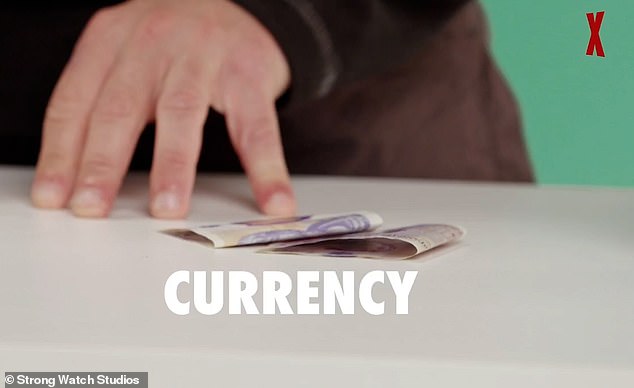
Although transactions take place outside the prison walls, physical money can still be used to transport drugs into the prison, as visitors with money are allowed to enter.
Condoms
Mr Davies said condoms were probably the most common way of trying to smuggle contraband into a prison because of their durability.
‘They may be full of drugs. “They can be swallowed, held in the throat, the lengths people go to, it amazes me,” Mr Davies said.
Depending on the type of drug, someone could be sneaking between £4,000 and £5,000 worth of product into prison in a single condom, making it very profitable.
She added: “They can also be secreted into the vagina or anus and then removed into the toilet. The lubrication allows them to slide in either direction.”
He went on to say that this type of smuggling was not easy and that people were typically sent for a “fake visit” to an inmate, actually with the intention of dropping off contraband.
‘The people who do this are very experienced professionals, they may not even go in to greet a visitor.’
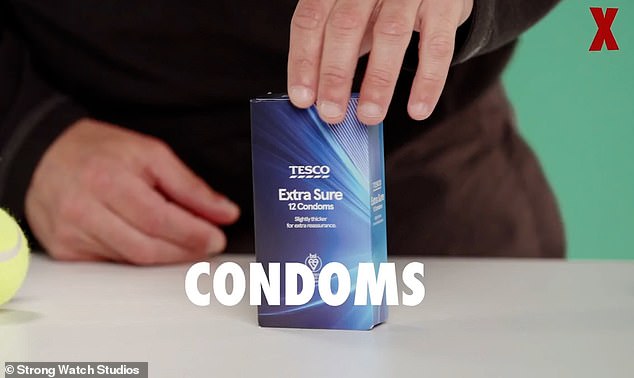
Depending on the type of drug, someone could be smuggling between £4,000 and £5,000 worth of a condom.

